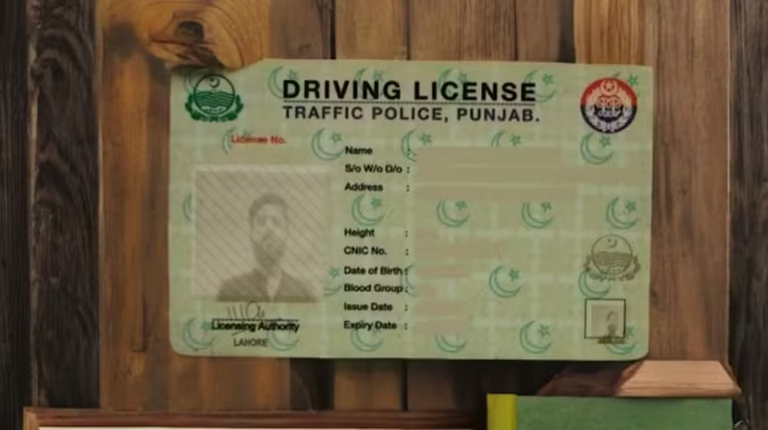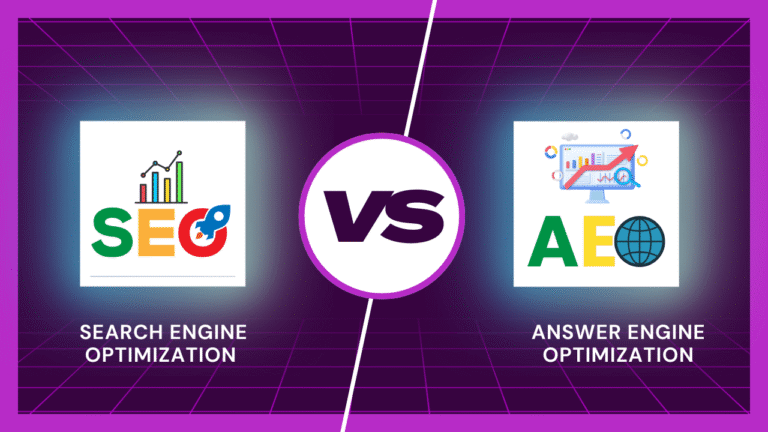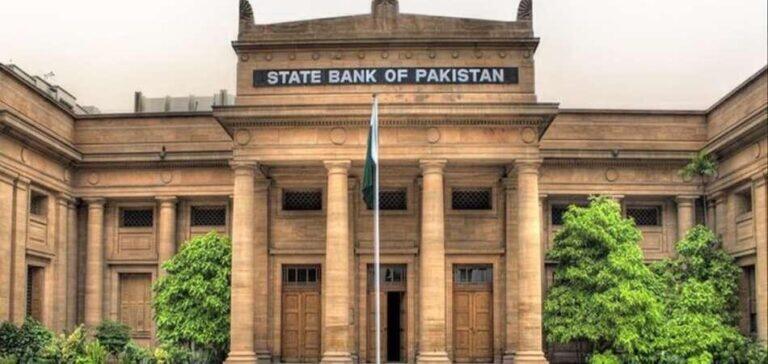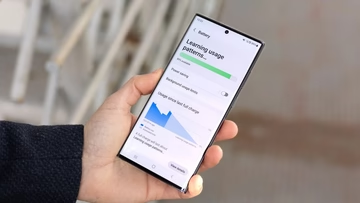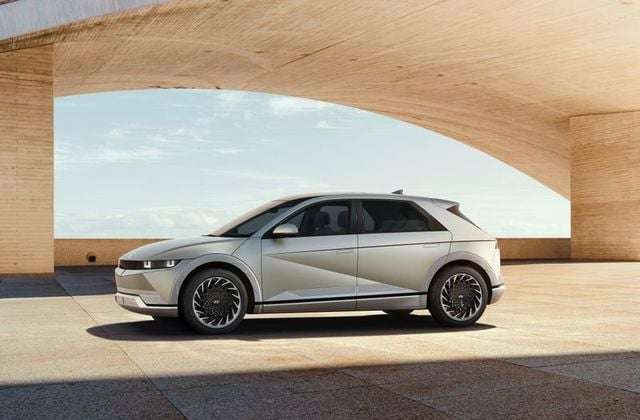
|
Getting your Trinity Audio player ready...
|
Introduction
Pakistan is taking a significant step toward sustainable transportation by granting 57 electric vehicle (EV) manufacturing licences. This development aligns with the government’s National Electric Vehicles Policy (NEVP), which aims to revolutionize the automotive sector, reduce carbon emissions, and decrease reliance on fossil fuels.
The initiative is part of the country’s broader efforts to increase EV adoption, develop charging infrastructure, and offer incentives to consumers and investors. Despite some challenges, the government remains committed to making Pakistan a hub for eco-friendly mobility solutions.
Government’s Commitment to Electric Vehicles
H1: National Electric Vehicles Policy (NEVP): A Roadmap for Sustainability
The National Electric Vehicles Policy (NEVP), approved in 2019, outlines ambitious goals for EV adoption. By 2030, the government aims for:
- 30% of all passenger vehicles and heavy-duty trucks to be electric
- 50% of two-wheelers, three-wheelers, and buses to be electric
- 90% EV penetration in all these categories by 2040
The policy is designed to cut down fossil fuel dependence, reduce air pollution, and promote local EV production.
H2: 57 EV Manufacturing Licences Issued
To accelerate EV adoption, the government has issued licences to 57 manufacturers:
- 55 licences for the production of two-wheelers and three-wheelers
- 2 licences for the assembly of four-wheelers
This marks a significant milestone in creating a local EV industry that will generate jobs, boost the economy, and reduce Pakistan’s $5 billion annual petroleum consumption.
Challenges and Shortcomings in EV Production
H2: Current EV Production and Market Gaps
Despite the policy’s ambitious targets, the actual EV production numbers remain low. A recent Senate Standing Committee report revealed that by the end of 2024, only 60,000 EVs had been produced—far short of the 600,000 target.
The slow progress is attributed to:
- High production costs for local manufacturers
- Limited charging infrastructure
- Lack of awareness among consumers
- Supply chain disruptions in importing essential EV components
H1: Government Initiatives to Boost EV Production
H2: Incentives for EV Consumers and Investors
To encourage EV adoption, the government has introduced several incentives, including:
✅ Free vehicle registration
✅ Exemption from annual token tax
✅ Toll tax waivers for EV users
✅ Subsidized financing options for EV buyers
These measures aim to make electric vehicles more affordable for consumers while encouraging automakers to increase production.
H2: Lower Power Tariff for EV Charging Stations
To promote the EV charging infrastructure, the government has slashed electricity tariffs for EV charging station operators:
💰 Old tariff: Rs. 71.10 per unit
💰 New tariff: Rs. 39.70 per unit (45% reduction)
This price reduction is expected to be implemented by the end of February 2025 and will:
- Make EV charging cheaper
- Attract more private investors in charging infrastructure
- Boost overall EV adoption in Pakistan
H1: EV Charging Infrastructure Development
H2: Charging Stations and Battery Swapping Facilities
The availability of charging stations is a critical factor in EV adoption. The government has announced plans to establish:
🔋 Fast-charging stations in major cities
🔄 Battery swapping facilities for electric bikes and rickshaws
📍 EV-friendly zones in each province, including Islamabad
These efforts will reduce range anxiety, making EVs more practical for daily use.
H1: Reducing Pakistan’s Reliance on Fossil Fuels
H2: Converting One Million Motorbikes to Electric
Pakistan has over 30 million two-wheelers and three-wheelers, which consume massive amounts of fuel annually. To cut fuel imports, the government plans to convert 1 million conventional bikes to electric models.
🔹 Projected savings: $165 million annually in fuel costs
🔹 Lower operational costs for bike owners
🔹 Reduction in air pollution and noise levels
This bold initiative will have a major impact on Pakistan’s energy security and environmental health.
H1: The Future of Electric Vehicles in Pakistan
H2: Pakistan’s Potential as an EV Hub
Pakistan’s strategic location, growing automotive sector, and strong demand for transport solutions make it a potential leader in the EV revolution.
For long-term success, the government must:
✔ Expand local EV manufacturing to reduce import dependency
✔ Improve charging infrastructure in urban and rural areas
✔ Offer financial incentives for EV buyers
✔ Enhance public-private partnerships to boost investments
With continued policy support and investments, Pakistan can achieve its EV goals, making sustainable transport a reality.
FAQs
1. What is the National Electric Vehicles Policy (NEVP)?
The NEVP is a government initiative aimed at increasing electric vehicle adoption in Pakistan, reducing reliance on fossil fuels, and cutting carbon emissions.
2. How many EV manufacturing licences has the government issued?
The government has issued 57 EV manufacturing licences, including 55 for two- and three-wheelers and 2 for four-wheelers.
3. What incentives are available for EV buyers in Pakistan?
EV buyers enjoy free registration, tax exemptions, toll waivers, and low-interest financing under the NEVP.
4. How is the government supporting EV charging infrastructure?
The government is setting up fast-charging stations, battery-swapping facilities, and dedicated EV zones across the country.
5. What impact will electric vehicles have on Pakistan’s economy?
EVs will help reduce fuel imports, lower transportation costs, create jobs in the local auto industry, and improve air quality.
